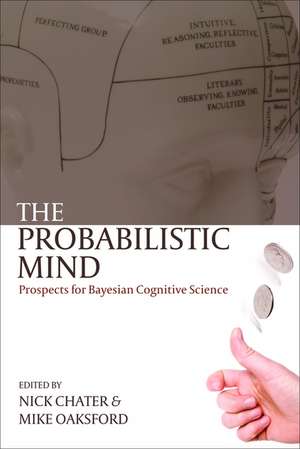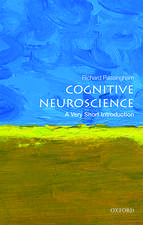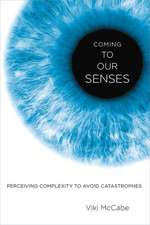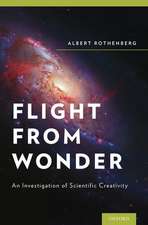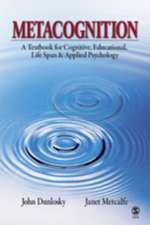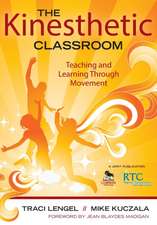The Probabilistic Mind: Prospects for Bayesian cognitive science
Editat de Nick Chater, Mike Oaksforden Limba Engleză Paperback – 27 mar 2008
Preț: 473.36 lei
Preț vechi: 684.94 lei
-31% Nou
Puncte Express: 710
Preț estimativ în valută:
90.58€ • 94.57$ • 74.96£
90.58€ • 94.57$ • 74.96£
Carte tipărită la comandă
Livrare economică 24-31 martie
Preluare comenzi: 021 569.72.76
Specificații
ISBN-13: 9780199216093
ISBN-10: 0199216096
Pagini: 534
Ilustrații: 78 line figures
Dimensiuni: 156 x 235 x 28 mm
Greutate: 0.81 kg
Editura: OUP OXFORD
Colecția OUP Oxford
Locul publicării:Oxford, United Kingdom
ISBN-10: 0199216096
Pagini: 534
Ilustrații: 78 line figures
Dimensiuni: 156 x 235 x 28 mm
Greutate: 0.81 kg
Editura: OUP OXFORD
Colecția OUP Oxford
Locul publicării:Oxford, United Kingdom
Notă biografică
Nick Chater is Professor of Cognitive and Decision Sciences at University College London. He has an M.A. in Psychology from Cambridge University, and a PhD in Cognitive Science from Edinburgh. He has held academic appointments at Edinburgh, Oxford, and Warwick Universities. His research focussed on attempting to find general principles that may be applicable across many cognitive domains, ranging from reasoning and decision making, to language acquisition and processing, to perception and categorization. Since the late 1980s, in collaboration with Mike Oaksford, he has been interested in the application of probabilistic and information-theoretic methods for understanding human reasoning.Mike Oaksford is Professor of Psychology and Head of School at Birkbeck College London. He was a research fellow at the Centre for Cognitive Science, University of Edinburgh, he was then lecturer at the University of Wales, Bangor, and senior lecturer at the University of Warwick, before moving to Cardiff University in 1996 as Professor of Experimental Psychology, a post he held until 2005. His research interests are in the area of human reasoning and decision making. In particular, with his colleague Nick Chater, he has been developing a Bayesian probabilistic approach to deductive reasoning tasks. According to this approach reasoning "biases" are the result of applying the wrong normative model and failing to take account of people's normal environment. He also studies the way the emotions affect and interact with reasoning and decision making processes.
